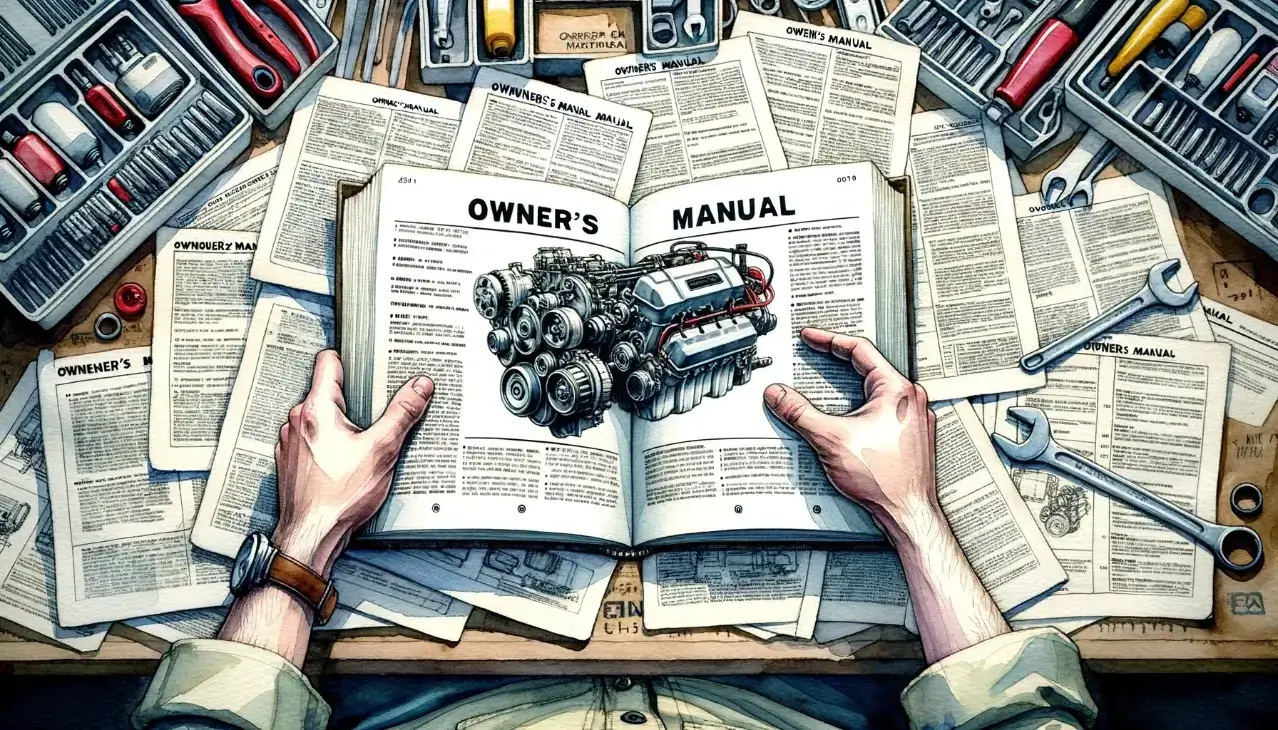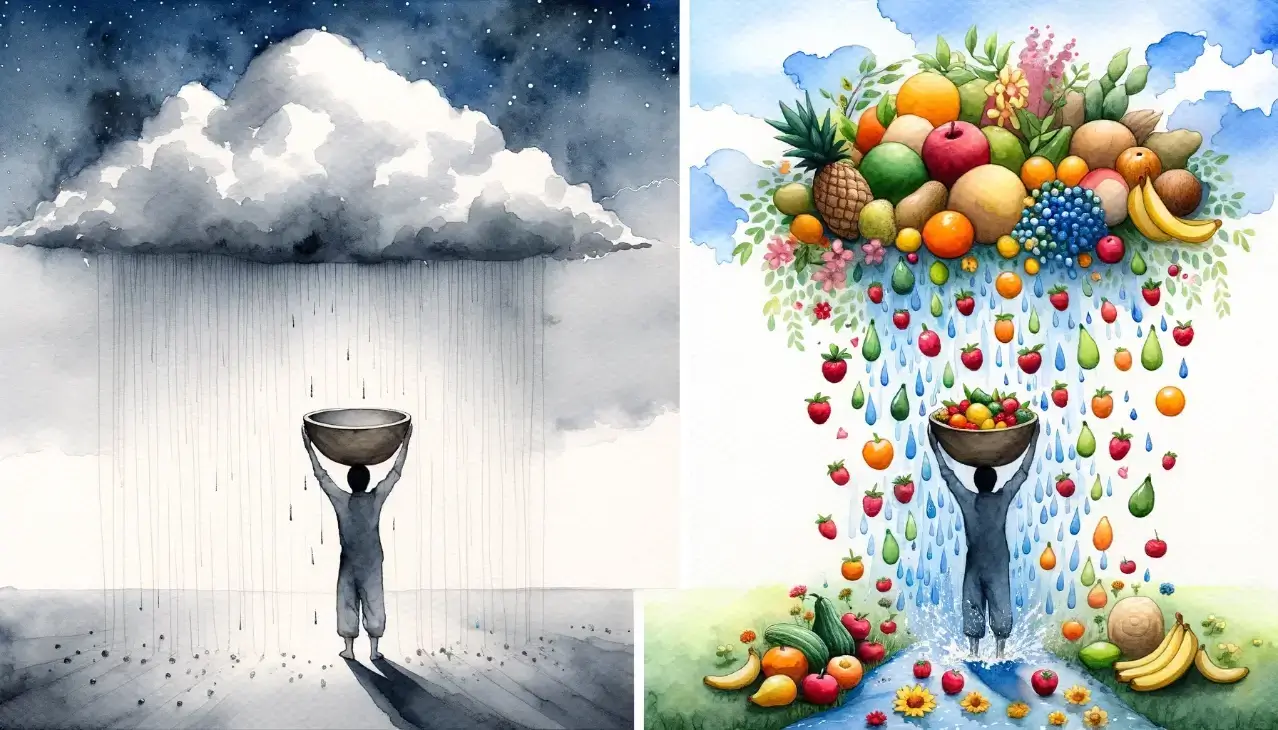When we purchase a new product, the new product comes with an owner’s manual. This is a set of instructions that not only tells us how to make the product function, but also sets expectations for the capabilities of the product. Interestingly, we subconsciously create manuals for people and experiences in our life. The owner’s manuals that our brain creates tells us exactly how someone should act. Problems arise with these subconscious thoughts, though, when we think that someone isn’t following our manual for them. We get annoyed and frustrated just like when a new product isn’t functioning according to their owner’s manual.
I had created manuals for Kyleigh’s doctors and nurses. Whenever my daughter was admitted or evaluated during an appointment, I would bring Kyleigh to the visit with expectations for how the doctor was supposed to talk to me or how the nurse was supposed to act. Sometimes the appointment would proceed exactly as outlined in my manual, but other times, my expectations were not met and I was left very unsettled. The doctors and nurses didn’t do anything wrong, they just didn’t do it the way I expected. These feelings began impacting other relationships, interfered with my ability to advocate for Kyleigh, and increased my worry about my daughter’s health.
Owner’s manuals can help us with new product purchases, but they are useless when we have created them for interactions with other people. When a child has a medical diagnosis, we are forced to interact with many people. We work with a wide net of people to include medical staff, school administrators, therapists, and other caregivers. Creating specific manuals for each of these roles does not help our child and is a threat to the life we want to live. These expectations about how life is supposed to occur can hold you back and be blinded to other perspectives.
Throwing away the owner’s manuals that our brain has created can be done by becoming aware of our subconscious expectations and then practicing acceptance and gratitude. Recognizing the expectations that we have set and understanding the emotions that are a result without any judgement or guilt, gives us awareness of the problem our mind has created. Acceptance is understanding that we are not in control of any positive or negative experience, but we are in control of how we respond. Spending time noticing and appreciating the positive moments through gratitude practices will foster optimism and help to release resentment.
Manuals cause more suffering. They can create an extra burden of resentment that will add to pain not decrease it.
Which manual should be tossed in the trash first?





